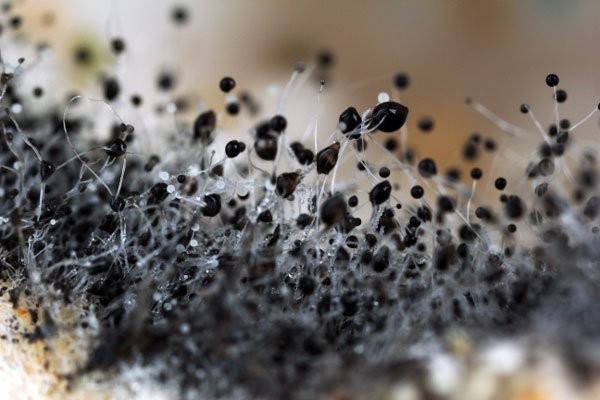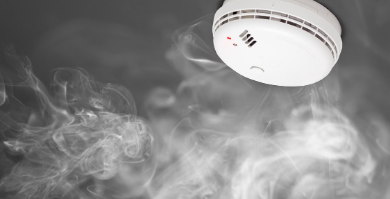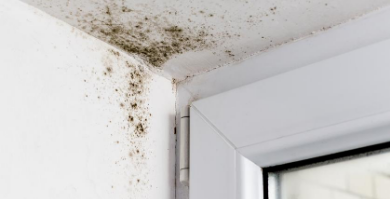4 Black Mold Health Risks Every Homeowner Should Know
Black Mold Health Risks Are Real
The first thing you should know about black mold health risks is that they are real. The World Health Organization, Centers for Disease Control and Prevention, American Medical Association, Environmental Protection Agency and other public health organizations are all in aggreement on this: Black mold infestations can pose serious health risks for humans inhabiting affected structures.
What Is Black Mold?
From the CDC:
Stachybotrys chartarum (also known by its synonym Stachybotrys atra) is a greenish-black mold. It can grow on material with a high cellulose and low nitrogen content, such as fiberboard, gypsum board, paper, dust, and lint. Growth occurs when there is moisture from water damage, excessive humidity, water leaks, condensation, water infiltration, or flooding.
Got Mold? Call Delta Restoration and breathe easier today!
Is Black Mold Toxic?
Black mold is often referred to as “toxic” black mold, but this is a little misleading. The mold itself is not toxic, but it produces highly toxic byproducts in its life cycle called mycotoxins, which can coat its spores and be breathed in or ingested by inhabitants of infested structures. Most molds pose minimal risks to most people, largely only affecting the very young, elderly or those with compromised immune systems. But mycotoxins are a different story. These nasty byproducts of black mold biological processes can pose grim health risks even to perfectly healthy adults.
Mycotoxins Are Neurotoxic
The most sobering potential black mold health risks are the possible neurological affects of mycotoxins. Mycotoxins have been shown to cause a host of gruesome health problems, including:
- psycholigal disorders
- cognitive disorgers
- seizures
- paralysis
- respiratory disorders
Black Mold Health Risks Are Both Acute and Chronic
Most of us have experienced some sort of seasonal allergic reaction from breathing in pollen or other contaminants. Such bouts are characterized by sneezing, itching, watery eyes and similar symptoms. But we know these symptoms will subside when the pollutants disperse in our environment. These acute health effects are short-term. But the mycotoxins produced by black mold can cause chronic respiratory, neurological and other disorders that linger indefinitely. So exposure to mycotoxins can cause health problems that plague victims for years.
Don’t Risk Health – Test for Mold
While black mold infestations are relatively rare, the potential catastrophic health risks it poses warrants an aggressive approach to mitigating any mold infestation. If you see discoleration in walls or other parts of your home or experience symptoms such as chronic breathing problems, headaches and related problems, call Delta Disaster Services for professional mold testing and mitigation. If you have black mold (or any other mold), we’ll find it, safely remove it and make sure it doesn’t return. Call Delta for Peace of Mind During Uncertain Times.
Learn more:
Protect Your Family From Mold Damage With These Tips
World Health Organization: Toxic Effects of Mycotoxins in Humans
What Makes Denver Water Damage Different?
American Red Cross Flood Cleanup Safety Tips
Institute of Inspection, Cleaning and Restoration Certification Water Damage Resources




